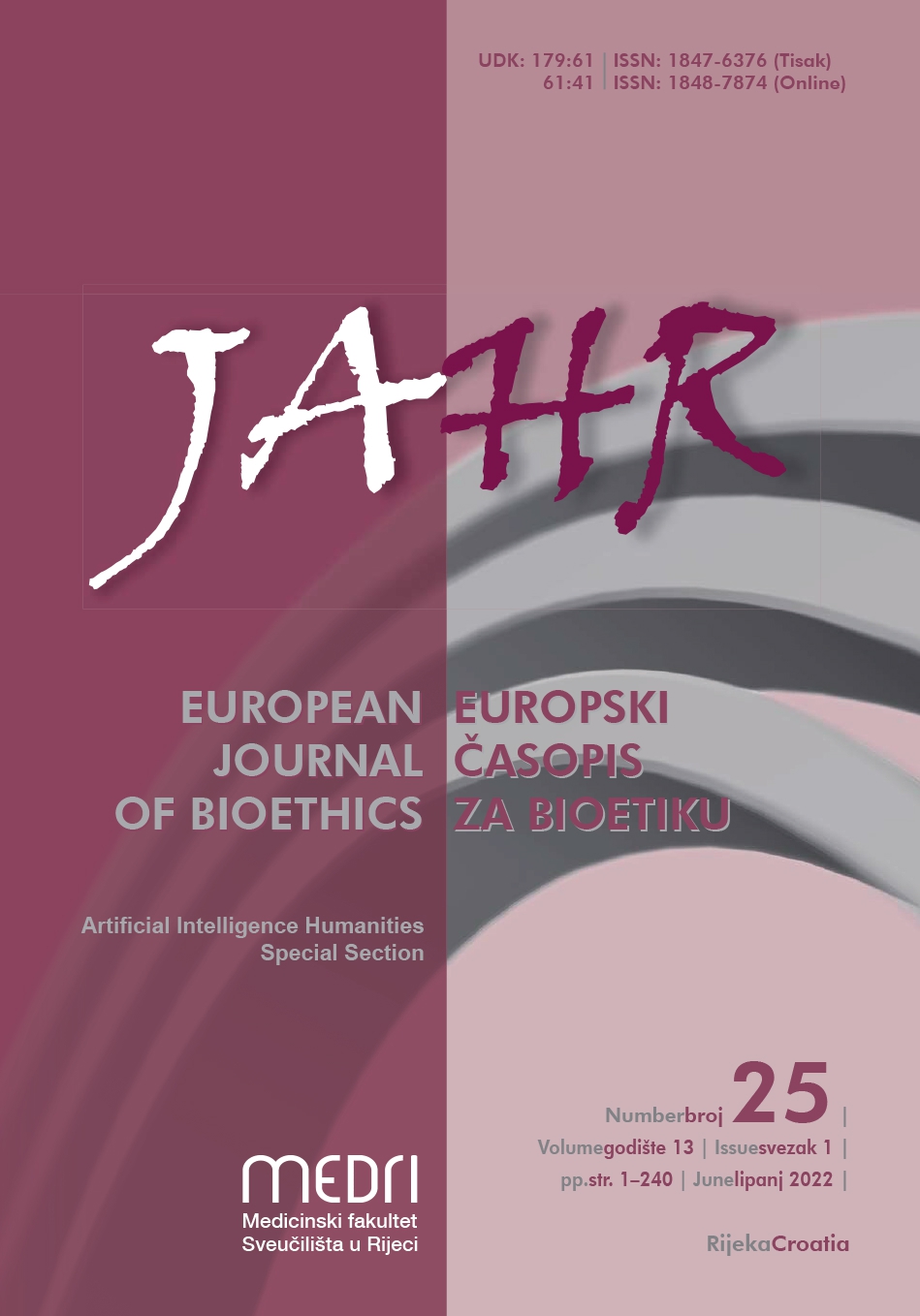The Concept of “Public Health” – A Critical Assessment
Keywords:
health, public health, sanitary movement, homo hygienicus, autonomy, interpersonalityAbstract
https://doi.org/10.21860/j.13.1.6
The article discusses the fundamental differences between an orientation towards individual health and the concept of health on which public health systems are built. It is shown that health in its original sense, as the “virtue of the body” (Aristotle), has to be understood as the ability to realize purposes in the actions of individuals. In public healthcare on the other hand, “health” has always been conceived as a public good and as an expression of certain public interests, a conception which does not have to be consistent with the interests of the individual in any way. “Public health” is normally designed in a utilitarian way and can be highly susceptible to ideology. In extreme cases the individual becomes subject to a “health obligation” which is to be rejected on legal, philosophical and ethical grounds. In place of a “scientific” medicine that reduces people to a statistical magnitude, a self-understanding of medicine should be restored which defines “health” from the point of view of the task of enabling real interpersonality in the space of the empirical existence of individuals self-determined as free.
Downloads
Published
Issue
Section
License
Authors who publish with this journal agree to the following terms:
- Authors retain copyright and grant the journal right of first publication with the work simultaneously licensed under a Creative Commons Attribution License that allows others to share the work with an acknowledgement of the work's authorship and initial publication in this journal.
- Authors are able to enter into separate, additional contractual arrangements for the non-exclusive distribution of the journal's published version of the work (e.g., post it to an institutional repository or publish it in a book), with an acknowledgement of its initial publication in this journal.
- Authors are permitted and encouraged to post their work online (e.g., in institutional repositories or on their website) prior to and during the submission process, as it can lead to productive exchanges, as well as earlier and greater citation of published work (See The Effect of Open Access).



